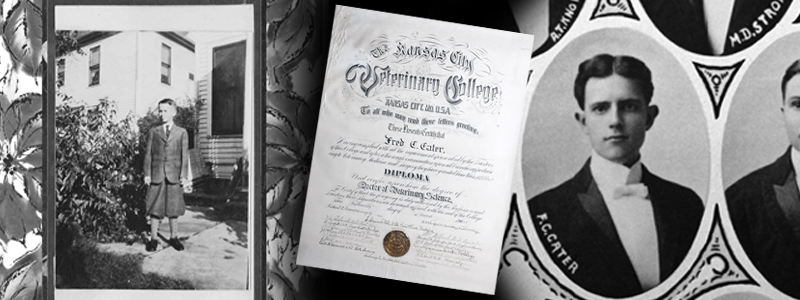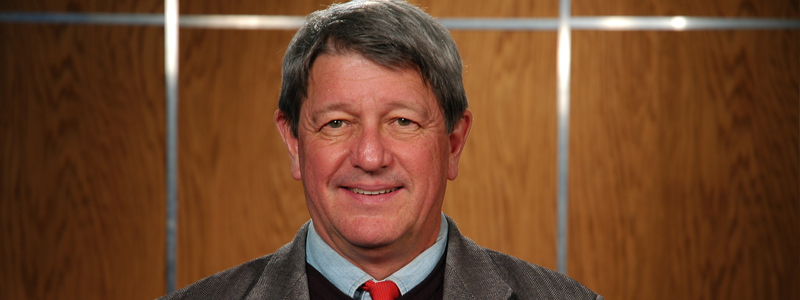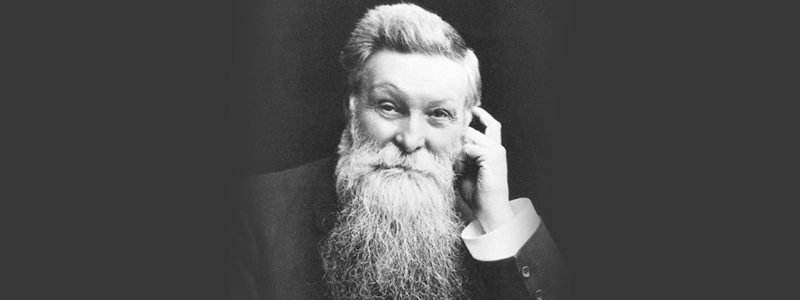We have a responsibility to bring compassion with us when we go into the exam room. To be able to bring compassion to work with us, we have to fill the tank with healthy activities, exercises and habits. I think we all have good intentions in this area, but I know from experience how easy it is to either be too busy to make the effort or to immerse myself into a plethora of self-help books or websites, and at the end of the day do nothing. For me, the path to change can get road-blocked by a belief that I don’t have time to change or that my situation is too immense and complicated for any self-help program to address.
I’m here to tell you 1) improvement is possible and 2) even your situation is not hopeless. I can’t overemphasize the importance of starting small so you won’t get overwhelmed. You remember the old adage about eating elephants: do it one bite at a time. I’ll add this:
- Start now
- Make a small change
Studies show that repeatable attainment of Specific, Measurable, Achievable, Realistic, Time-based (SMART) goals increases neurotransmitters such as dopamine that are associated with increased capacity to experience and display compassion. Speaking of elephants, in his book The Happiness Hypothesis, author Jonathan Haidt uses an analogy of a rider on an elephant being like our higher cerebral centers trying to control our subconscious reptilian brain. Using small, attainable goals and rewarding ourselves for achieving them is like clicker-training for the part of our brain that often charges ahead seemingly unbeknownst to our consciousness, leaving us in the wake trying to explain what just happened.
A good place to start is with a quick evaluation of where you are now so you can focus your effort on the right area and reevaluate for progress later. I’ve seen some pretty elaborate life quality surveys, but let’s not get bogged down. Isn’t everybody just too busy for that?
Make a simple 1-10 rating list of where you are now in each of the following five categories regarding the time and effort you exert: physical/exercise, spiritual/meditation, work, social/family/friends, creative/music/artistic expression. You can just do this quickly in your head if you prefer, although keeping track of your rating in writing will allow you to reflect on your progress and provide much needed positive feedback. If your exertion is ideal in an area, rate it 5. This has nothing to do with how much time and effort others think is appropriate, and everything to do with what you think is right for you. Select the category with the highest rating. This is the best place to make an initial change, because changing will mean doing less of something rather than adding something else to an already overburdened schedule.
If you spend way too much time and effort at work, welcome to the club! Many people find voluminous work hours necessary to make financial ends meet. But if you determined you are working too much, here is your challenge: make a small change in something that will decrease your work time/effort. If you try to make too big of a change, you will probably find that the change is untenable for the long term. We are looking for a change that you can make consistently and for the long haul, a sustainable improvement. Only you will know what is reasonable for you. You’re smart. You can figure this out! Give yourself a SMART goal. Can you chart records more efficiently? Can you stop taking after-hour client calls? Can you extend your lunch break?
Looking at your lowest-rated category should be accompanied with at least a little longing to do more in that area. How much time did you save cutting back on whatever you were overdoing? That time is now available. Use it.
I was talking recently with a local veterinarian nearing retirement age who realized he needed more exercise. He was tending toward burnout at work so he decided to take a longer lunch break and use it for biking. Now he checks out earlier and returns later and truly enjoys his time at practice. Can you figure out how to carve out 30 minutes every week? Could you do that on a consistent, routine basis? If so, that will give you a chance to spend that time in the category you rated the lowest.
We are certainly not trying to spend equal time/effort on each of those 5 categories; that’s not sustainable balance. We are just trying to move the tiller a bit and change direction toward what will make your life a little more manageable, more livable and more enjoyable. My most recent change improved my exercise and social categories. I walk with a friend for 30 minutes before the start of the workday. Because we hold each other accountable, this change has been easier to sustain. It has become a habit.
I challenge you to take responsibility for bringing compassion into the exam room and start by making a small change in your life that will fill your well of compassion so you have more to give.











